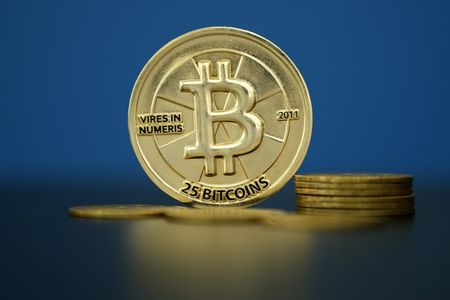In the tribute to the last Soviet leader, Mikhail Gorbachev, who died on Tuesday, the Russian leadership clearly has trouble keeping to the old motto of saying “nothing but good things about the dead”. Gorbachev was 91 years old and had been ill for a long time; There was time to prepare to highlight good things. But President Vladimir Putin’s telegram of condolences, published on Wednesday morning, said only briefly that Gorbachev “was a politician and statesman who had an enormous influence on the course of world history”.
Putin has repeatedly made it clear that he blames Gorbachev for the collapse of the Soviet Union, which he, Putin, has portrayed as the “greatest geopolitical catastrophe of the 20th century”. For example, when asked what he would have done differently in Gorbachev’s place, Putin said that at the time “we should have fought for the territorial integrity of our state without sticking our heads in the sand and keeping our butts out”.
In addition, Putin has accused the first and last president of the Soviet Union of letting the Americans cheat him on nuclear disarmament issues. Now Putin wrote that Gorbachev “was at the helm of our country at a time of complicated, dramatic changes, great foreign policy, economic and social challenges. He deeply understood the need for reform and endeavored to propose his own solutions to the problems that had arisen.”
The only praise given to Putin was the emphasis on Gorbachev’s “great humanitarian, charitable, educational work” in the last decades of his life. Gorbachev’s repeated warnings of new nuclear dangers suited the Kremlin because of their intimidating effect in the West. But Novaya Gazeta, promoted by Gorbachev, had to stop appearing in Russia in March.
No decision on state funeral yet
Former President Dmitry Medvedev, Putin’s deputy chairman of the National Security Council, said Gorbachev “made very diverse, very difficult decisions at dramatic periods in our country’s history” and “laid the groundwork for global changes around the world.”
At first it was even unclear whether Gorbachev would receive a state funeral: the Interfax news agency reported that Gorbachev’s planned funeral in Moscow’s New Maiden Cemetery alongside his wife Raisa, who died in 1999, would not have a “state character”. Putin’s spokesman, Dmitry Peskov, then said that the decision on this question had not yet been made.
The “procedure” will depend on the wishes of family and friends. Peskov also said Gorbachev “honestly wanted to believe” that the Cold War was ending and an “eternal romantic period between a new Soviet Union, the world, and the collective West was beginning.” This “romance” was not justified. “The bloodthirstiness of our opponents has shown itself,” said Peskow. “It’s good that we recognized and understood this in good time.”
On the other hand, in the ranks of the persecuted Russian opposition, there was recognition for Gorbachev, the “man who destroyed the walls”, as the “Europa” successor portal to “Novaya Gazeta” praised him.
On behalf of the imprisoned leader of the opposition, Alexey Navalny, who since Monday is to serve the third consecutive day of “punitive isolation” in a stuffy concrete cell, it was said on social networks that Gorbachev remained “one of the very few” who had the power and the opportunity to accept personal advantage and enrichment.”He left power peacefully and voluntarily, respecting the will of the voters.” That, according to Navalnyj, was a “great feat by the standards of the former Soviet Union” and will certainly “be far from the descendants judged more benevolently than by his contemporaries”.





